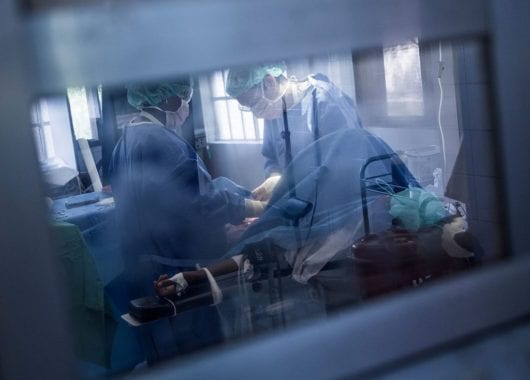I am not a surgeon. Yes, I can readily perform some of the most urgent and lifesaving procedures, like colostomy and Cesarean section. But a surgeon, I am not. In this light, allow me to make some observation about North American surgeons in an international, low-resource context.
Surgical needs and resources in such settings differ significantly from wealthier contexts. Where I volunteer in Angola, for example, the majority of surgical needs are in orthopedics, OB/GYN, and urology. North American-trained general surgeons, by contrast, rarely have any significant experience or skill in these fields. General surgery as a specialty has all but forfeited any procedural skill outside of the abdomen. This is to a degree understandable. Given the plethora of surgeons and rapid development of surgical knowledge, it is only natural that surgeons begin to concentrate their skills into sub-specialties.
But this phenomenon does little to prepare surgeons for the broad skills needed in low-resource, low-personnel settings, as recently pointed out in the NPR discourse, Why U.S.-Trained Surgeons Often Aren’t Ready For Humanitarian Work Abroad.
All is not lost, however. General surgeons are an intelligent, highly motivated lot. Their ability to rapidly learn new skills is astounding. With proper drive and mentorship in a high-volume context, many surgeons in a matter of months can acquire the broad skills fitting of the title general surgeon. Should this transformation be your desire, please continue this conversation with me.

